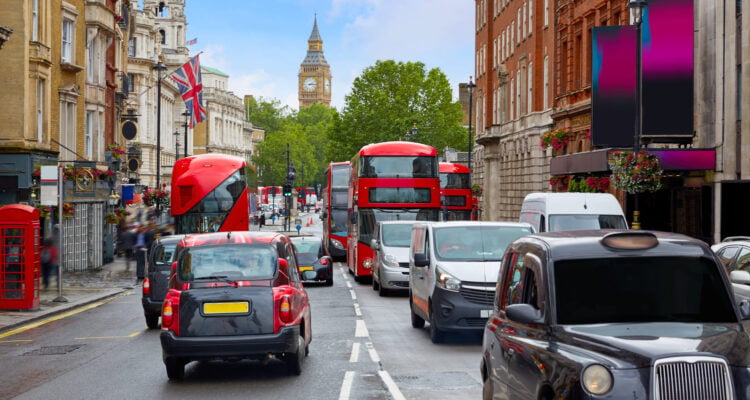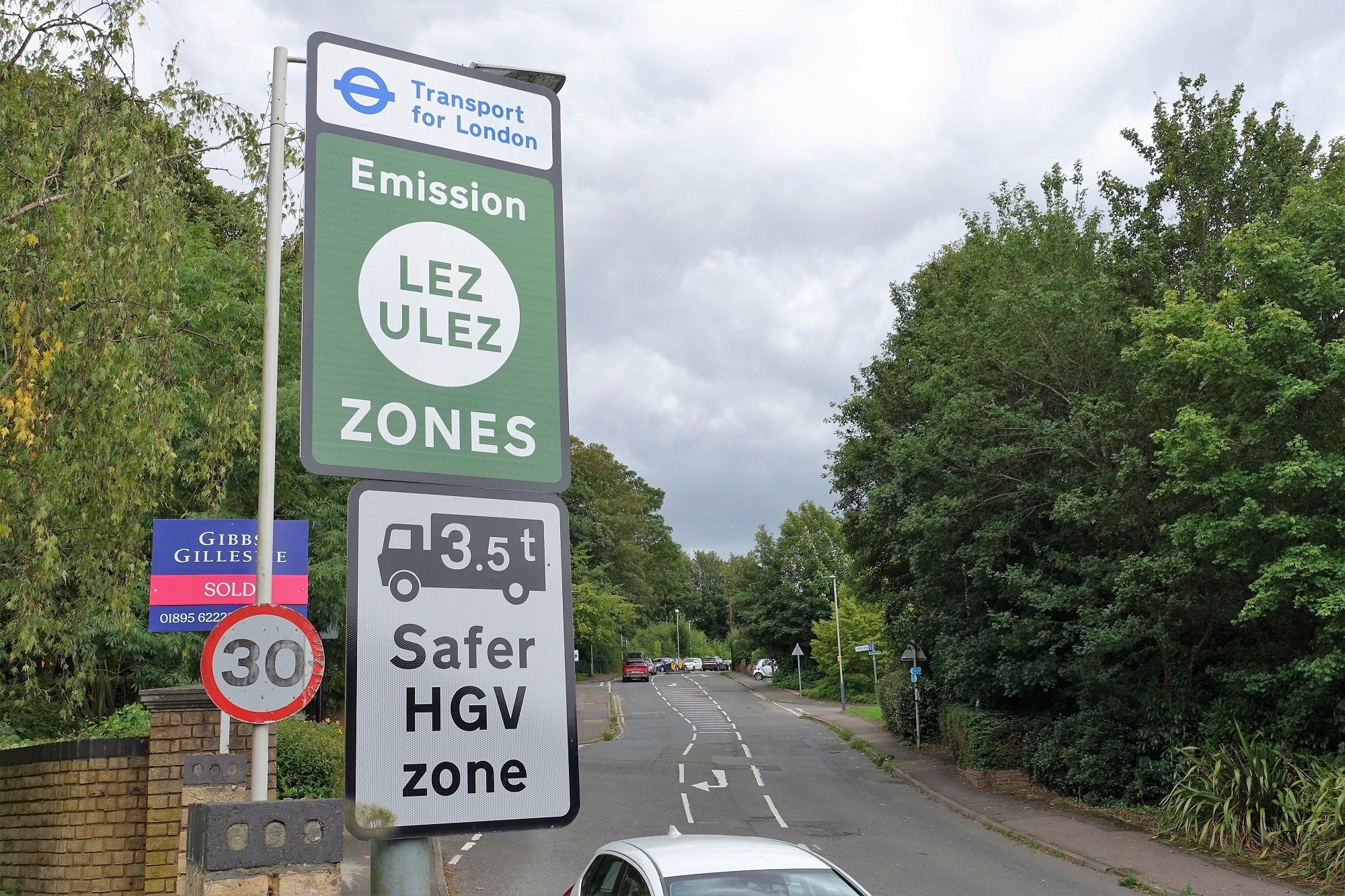The expansion of London’s Ultra Low Emission Zone (ULEZ) has led to notable enhancements in the city’s air quality. This initiative, designed to reduce vehicular emissions, has yielded substantial decreases in pollutants such as nitrogen dioxide (NO₂) and particulate matter (PM₂.₅).
Overview of the ULEZ Expansion
Introduced in 2019, the ULEZ initially covered central London, imposing a daily charge of £12.50 on vehicles that did not meet specific emissions standards. In 2023, the zone was extended to encompass a larger area, aiming to further mitigate air pollution across the city.
Key Findings from Recent Reports
Recent analyses have highlighted the positive impact of the ULEZ expansion:
- Reduction in NO₂ Levels: There has been a 27% decrease in roadside NO₂ concentrations across London, with central areas experiencing a 54% reduction.
- Decrease in PM₂.₅ Emissions: Vehicle exhaust emissions of PM₂.₅ in outer London were 31% lower in 2024 compared to projections without the ULEZ expansion.
- Lower NOₓ Emissions: Nitrogen oxides (NOₓ) emissions from cars and vans in outer London decreased by an estimated 14%.
- High Compliance Rates: In 2024, 96.7% of vehicles in London met the ULEZ standards, a significant increase from 39% in February 2017.
Health and Environmental Benefits
The reduction in air pollutants has led to several health and environmental advantages:
- Decreased Premature Deaths: Air pollution has been linked to approximately 4,000 premature deaths annually in London. The improvements in air quality are expected to reduce this number.
- Lowered Carbon Emissions: Since 2019, the cumulative reduction in carbon emissions due to the ULEZ is equivalent to nearly three million one-way passenger trips between Heathrow and New York.
Socioeconomic Impact
The ULEZ expansion has also influenced socioeconomic factors:
- Support for Vulnerable Communities: Deprived communities, particularly those near busy roads, have benefited significantly from reduced pollution levels.
- Economic Stability: Independent analyses indicate that the ULEZ expansion has not negatively impacted footfall or spending in retail and leisure sectors.
Future Initiatives
To sustain and enhance air quality improvements, London plans to implement additional measures:
- Zero-Emission Buses: As of 2024, 1,900 zero-emission buses operate in London, supporting the city’s broader efforts to reduce transport-related pollution.
- Continuous Monitoring: Ongoing assessments will ensure that air quality improvements are maintained and that public health benefits persist.
The expansion of London’s ULEZ has led to significant improvements in air quality, benefiting public health and the environment. Continued efforts and initiatives are essential to maintain and further these advancements.
Sources:




















